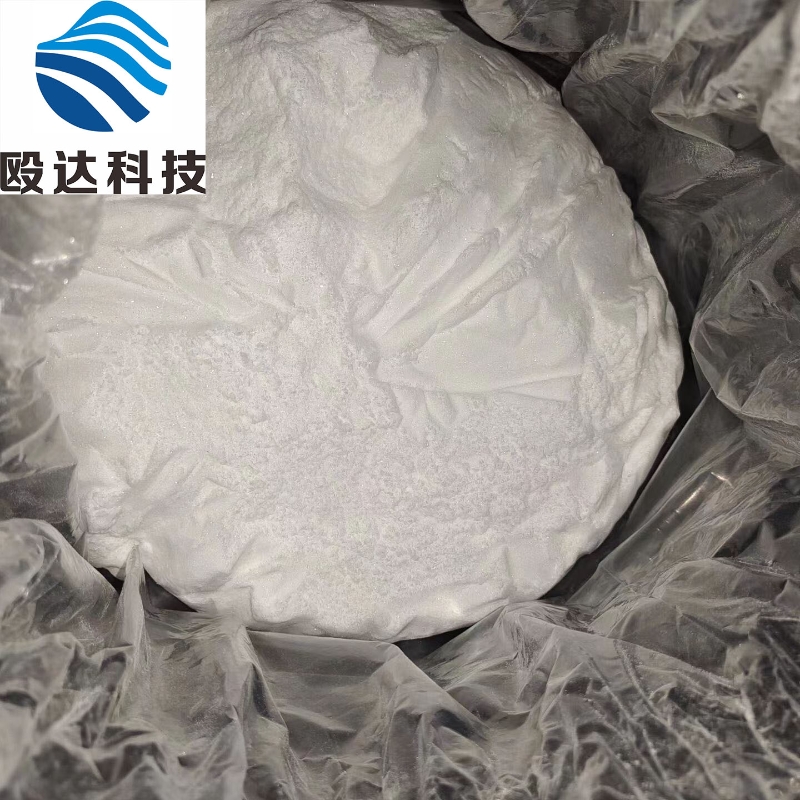Nat commun: develop a new combination therapy for malignant melanoma
-
Last Update: 2020-02-04
-
Source: Internet
-
Author: User
Search more information of high quality chemicals, good prices and reliable suppliers, visit
www.echemi.com
February 4, 2020 / Bio Valley / recently, in a research report published in the international journal Nature communications, scientists from UCLA Jonson Comprehensive Cancer Center found that an immunotherapy drug named nktr-214 (also known as bempegaldesleukin) was used to inject anti-tumor drugs jointly T cells, or can produce a strong immune response to help effectively resist the progression of malignant melanoma Photo source: Wikipedia / cc by-sa 3.0 researchers say that when it comes to melanoma, which is unlikely to stimulate the immune response In mice, this method can increase the number of anti-tumor immune cells, and compared with standard therapy, these immune cells can survive longer and have more powerful functions, which can effectively promote immune cells to destroy tumors Adoptive cell therapy (adoptive cell therapy) is a special type of immunotherapy, which can produce ideal therapeutic effect in the treatment of cancer patients This method includes extracting and harvesting immune cells from patients, and engineering them in the laboratory to attack tumors At present, one of the challenges faced by researchers is that they need to give patients interleukin-2 (a protein signal molecule of the immune system) to promote the development and expansion of the injected immune cells, but interleukin-2 can activate cells to inhibit the function of the immune system, because it has high toxicity and serious side effects Now researchers are looking for ways to generate a large number of immune cells, while avoiding side effects That is, the combination of adoptive cell therapy and other therapies They combine nktr-214 with adoptive cell therapy to detect mice Using bioluminescence imaging technology, researchers have tracked the movement of T cells in mice receiving combination therapy After that, the researchers observed that there was a trend of expansion of T cells in the spleen of mice The spleen can help to accelerate the activation and expansion of T cells in the body, and then T cells will migrate to the tumor and have a long-term effect Compared with interleukin-2, nktr-214 can improve the expansion and accumulation of T cells in the tumor Now immunotherapy has greatly changed the cancer treatment of cancer patients, but it can only play a role in a small number of patients Researchers found that the combination of nktr-214 and adoptive cell therapy can effectively treat more cancer patients Later researchers will continue to conduct further studies to assess the efficacy of the combination therapy Original sources: Sharma, M., Khong, H., fa'ak, F et al Begegaldesleukin selectively depletes internal trees and potentials T cell mediated cancer therapy NAT Commission 11, 661 (2020) Doi: 10.1038/s41467-020-14471-1
This article is an English version of an article which is originally in the Chinese language on echemi.com and is provided for information purposes only.
This website makes no representation or warranty of any kind, either expressed or implied, as to the accuracy, completeness ownership or reliability of
the article or any translations thereof. If you have any concerns or complaints relating to the article, please send an email, providing a detailed
description of the concern or complaint, to
service@echemi.com. A staff member will contact you within 5 working days. Once verified, infringing content
will be removed immediately.







